Why Koreans Don’t Say ‘I Love You’ as Much (But Still Mean It)
- byT.Sapphire 💙
- 9 months ago
- 1 Comments
- 4mins
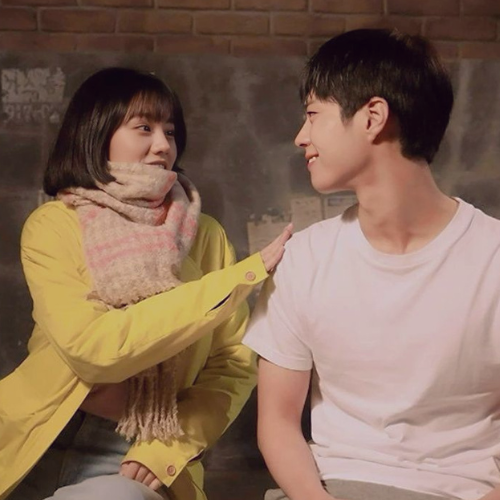
You are welcome back to my little corner where we ask the questions no one else dares to ask, stuff like why your K-Drama Oppa takes 12 episodes just to say “I like you.”
If you’ve watched even two K-dramas in your life, you’ve probably screamed “Just say you love them already!” at the screen more than once. I mean, they’ve stared longingly, risked their lives, cried dramatic tears under the rain, and all we get is a quiet “I like you.” Like? Do you mean like Besties?
But here’s the thing: in Korean culture, saying “I like you” isn’t some flirty, low-stakes comment, it’s a full-on emotional declaration, one where you pour out your entire feelings. And “I love you”? That’s not just a step up, it’s a whole spiritual awakening.
Let’s break it down.
The Weight of Words
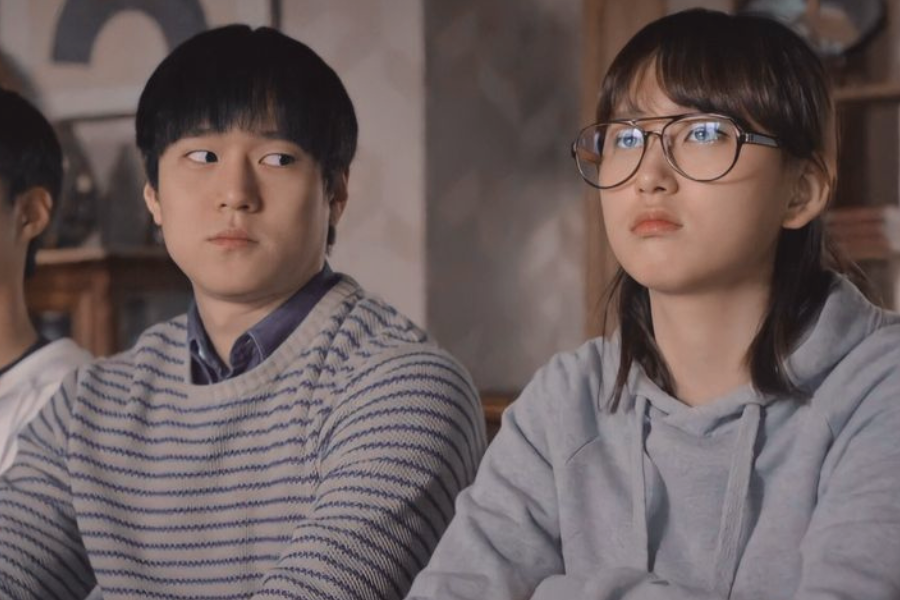
In Korean culture, words carry a lot of emotional weight. While in some cultures “I love you” can be tossed around pretty casually, like telling your barista you love their latte art, in Korea, ‘saranghae’ isn’t said lightly. It's a big, big deal. It’s reserved for when your feelings are deep, serious, and have moved past the butterflies. So when someone says it, you know they mean it. No games.
"I Like You" is the Starting Line
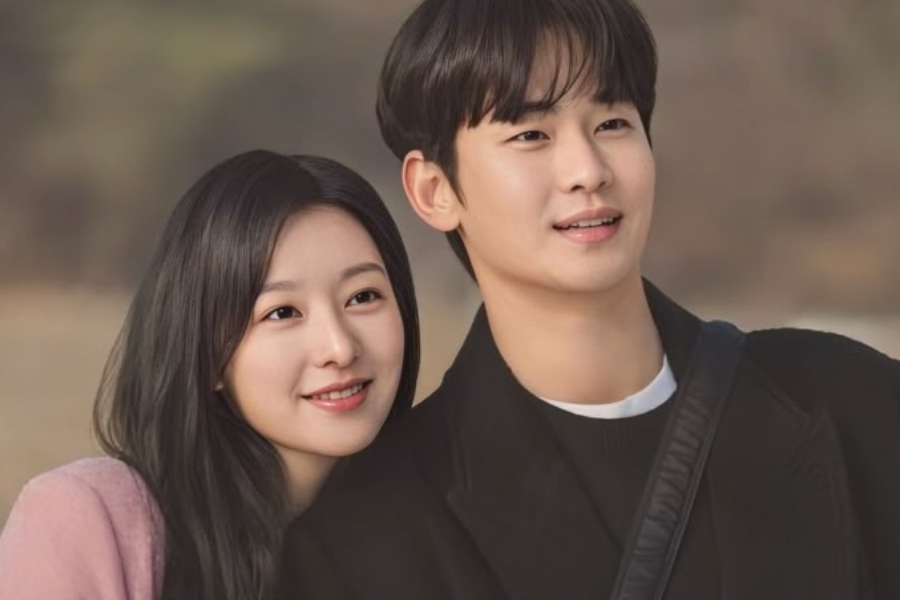
In K-dramas and real life, the phrase joahae (I like you) is where everything starts. And let’s be honest, that sentence can be a whole confession arc on its own. The pacing of Korean romance is often more about emotional buildup, and “I like you” becomes the way to express interest without diving straight into the deep end. It’s not just a casual “you’re cute,” it’s more like, “I’ve thought this through and I’m ready” vibes
Actions Speak Louder Than Words
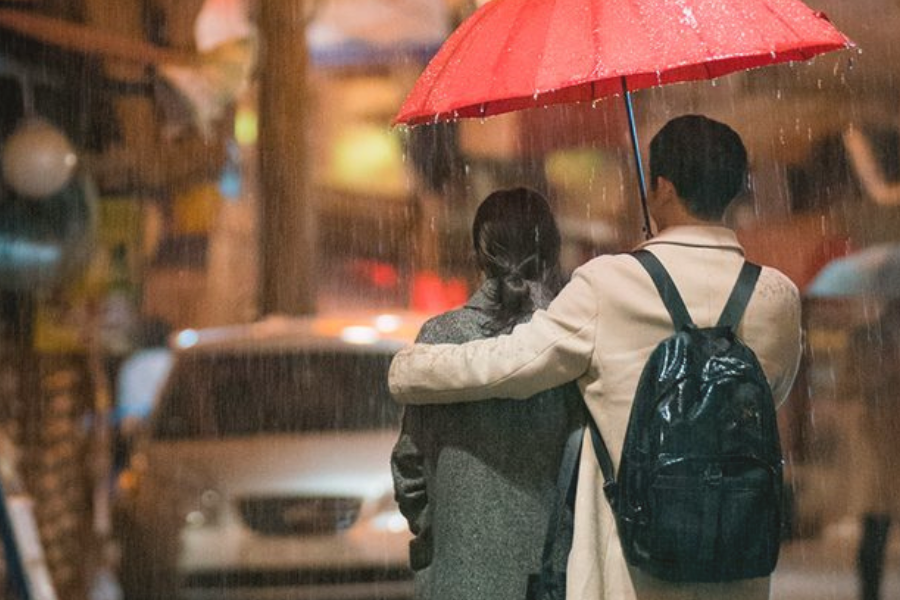
One of the most confusing yet endearing things for foreigners is how Koreans express love more through actions than words. They might not say “I love you” every morning, but they’ll make sure you’ve eaten, remind you to wear a coat, or send you your favorite snack with a cute note. It’s the subtle, thoughtful gestures, the quiet loyalty, the small favors, that scream “I love you” without actually saying it.
Emotional Privacy is a Thing
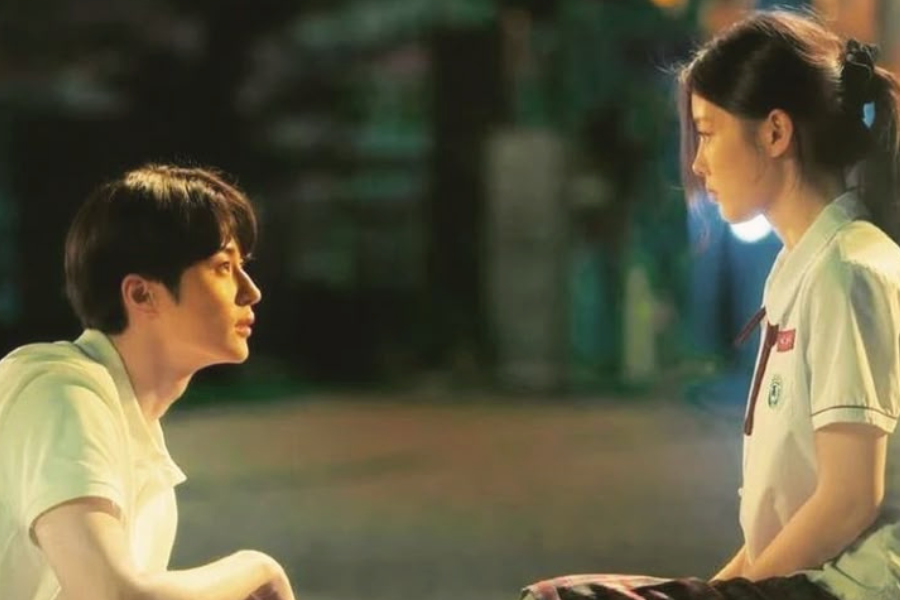
Koreans generally value emotional restraint in public. Loud declarations of love? Not really a thing. Being overly affectionate in front of others? Might get you a few judge-y side-eyes. Love is something to be cherished in private moments, and public displays of affection are usually toned down. That’s why when someone finally does say “I love you,” especially in a drama, it feels like a plot twist and an emotional climax simultaneously.
K-Dramas Didn’t Make It Up
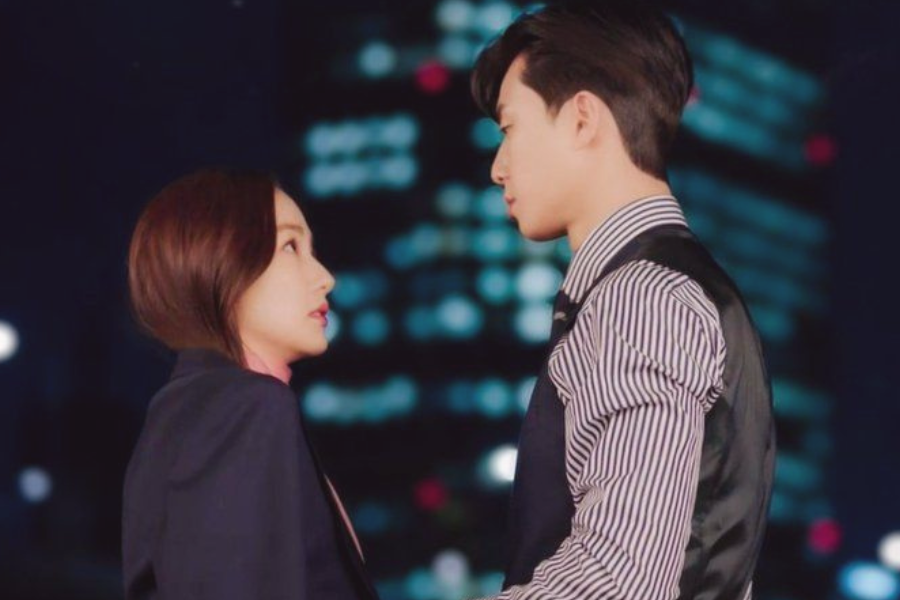
It’s tempting to think this whole “I like you” marathon is just for dramatic effect, but it reflects real cultural nuances. Many Koreans are careful with confessions and take emotional intimacy seriously. So if you’re watching a K-Drama and you’re 14 episodes in with zero L-words dropped, congratulations, you’re experiencing something very authentic.
Before you go binge-watching another drama, the next time your favorite K-Drama couple finally confesses their love, take a moment. Replay the scene. Cry a little. Because in Korean culture, that moment is gold. Now, excuse me while I go watch ‘Crash Landing on You’ for the umpteenth time.
Tags:
T.Sapphire 💙
T. sapphire is a writer who found her love for the Hallyu wave after watching the historical drama “Jumong.” She is mainly interested in Korean dramas and the history of Korea at large. Explore her pieces as she takes you on a journey through K-Drama recommendations and keeps you informed about the history of the Korean people.
1 Comment(s)
-
Kdrama Girl
This makes so much sense. I always wondered why saying "I like you" is such a big deal in kdramas 🤔... thanks for explaining stuff
Related Posts
Daily Newsletter
Get all the top stories from Blogs to keep track.
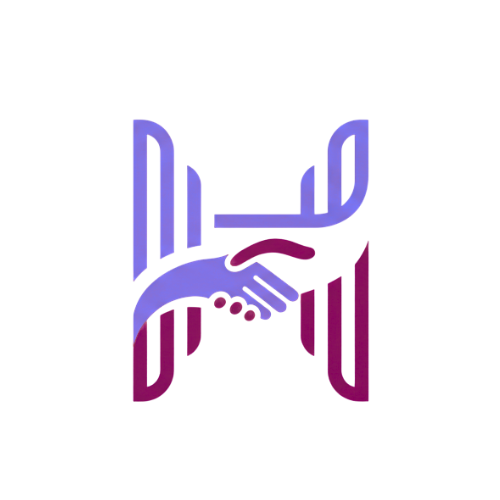
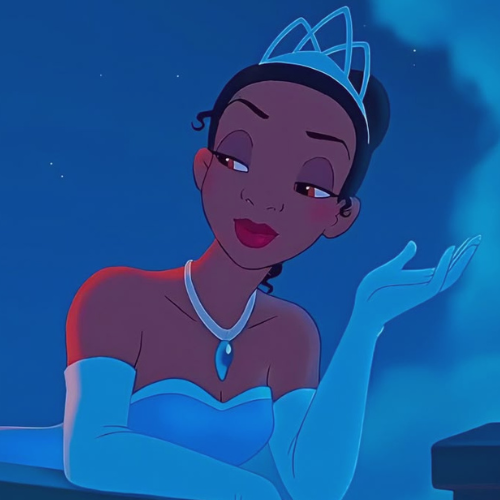
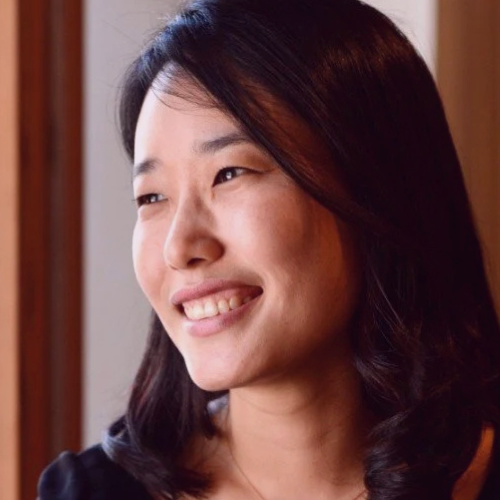


Leave a comment